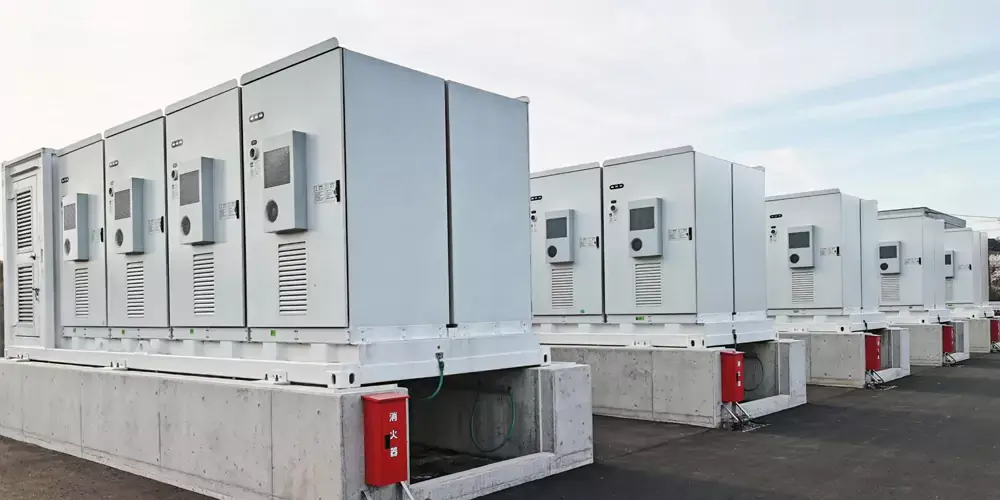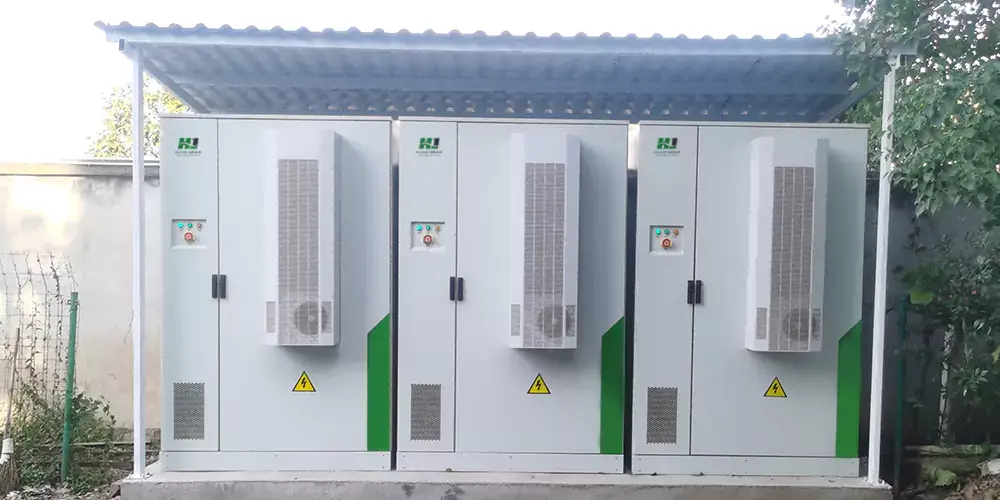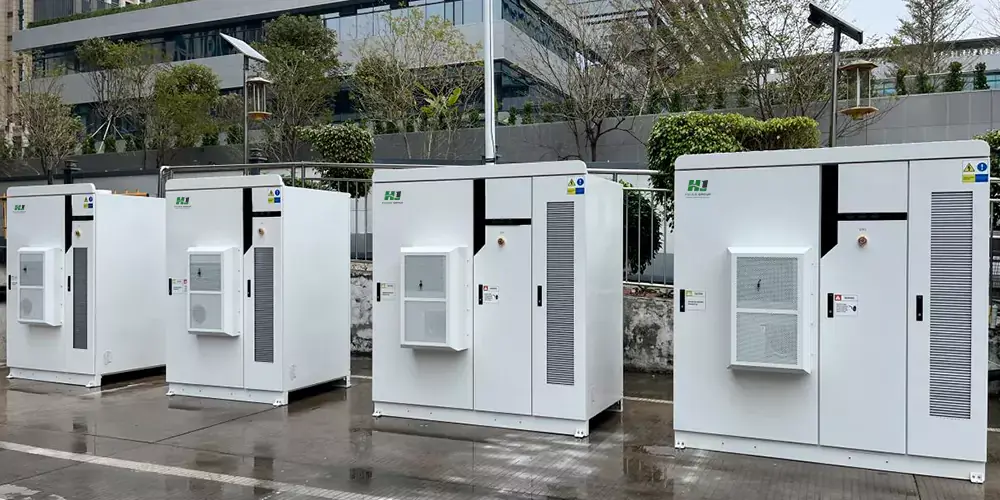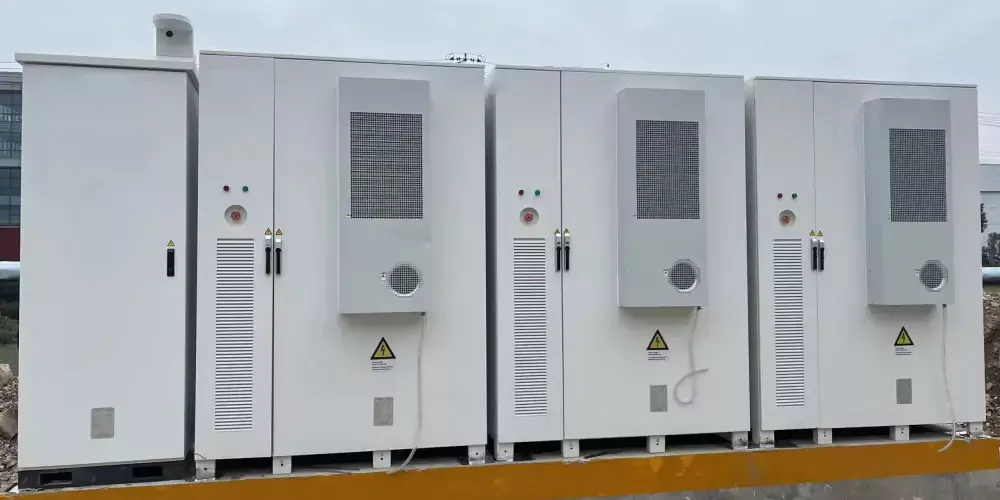How to Assess the Energy Demand of an Island?aIsland Off-Grid Power: Technological Advances and Implications
In the quest for sustainable and reliable energy solutions, the concept of island off-grid power has gained significant traction. This is particularly relevant for islands, which often face unique challenges in accessing conventional power grids. Technological advancements have played a crucial role in making off-grid power systems more feasible and efficient, with far-reaching implications for these isolated communities.
One of the notable technological advances in island off-grid power is the improvement in solar photovoltaic (PV) technology. High-efficiency solar panels are now capable of converting a greater portion of sunlight into electricity, even in less-than-optimal conditions. This is especially important for islands, where cloud cover and variable weather can be common. For instance, thin-film solar panels have become more durable and efficient, allowing for easier installation on various surfaces, such as rooftops and even on the sides of buildings.
Energy storage systems have also seen significant improvements. Lithium-ion batteries, for example, have higher energy densities and longer lifespans compared to traditional lead-acid batteries. This means that excess energy generated during the day can be stored and used at night or during periods of low solar or wind generation. The development of advanced battery management systems ensures the safe and efficient operation of these storage units, maximizing their performance and longevity.
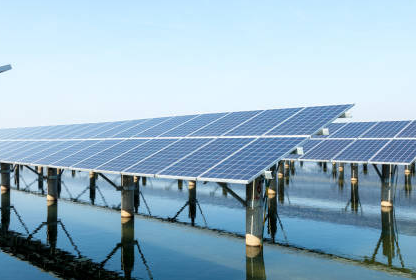
Wind turbines have become more compact and efficient, making them suitable for smaller islands with limited space. Small-scale vertical axis wind turbines can be installed in areas with lower wind speeds and are less visually obtrusive. Hybrid systems that combine solar and wind power, along with energy storage, provide a more reliable and continuous power supply, reducing the reliance on a single energy source.
Smart grid technologies have also made their way into island off-grid systems. These systems use sensors and intelligent controllers to monitor and manage energy production, consumption, and storage in real-time. This allows for better optimization of the power system, reducing waste and ensuring that critical loads are always powered. For example, smart appliances can adjust their power usage based on the available energy, and the grid can prioritize power supply to essential services like healthcare facilities and water pumps.
The implications of these technological advances are profound. Firstly, they offer greater energy independence to island communities. Instead of being dependent on imported fossil fuels or unreliable connections to distant power grids, islands can generate and manage their own power, reducing vulnerability to external disruptions. This leads to improved energy security and resilience, especially during natural disasters or other emergencies.
Economically, island off-grid power systems can lead to cost savings in the long run. Although the initial investment may be significant, the reduction in fuel costs and the potential for selling excess energy back to the grid can result in positive financial returns over time. This can stimulate local economic development by reducing operational costs for businesses and enabling the establishment of energy-intensive industries that were previously not feasible.
Environmentally, island off-grid power systems contribute to a lower carbon footprint. By relying on renewable energy sources such as solar and wind, they reduce greenhouse gas emissions and help mitigate the effects of climate change. This is not only beneficial for the local ecosystem but also aligns with global efforts to transition to a more sustainable energy future.
Socially, access to reliable and clean power can improve the quality of life for island residents. It enables the use of modern appliances and technologies, enhances educational opportunities through better access to digital resources, and supports the development of healthcare facilities. This can lead to a more prosperous and connected community.
However, there are also challenges to consider. The maintenance and repair of advanced technologies require skilled technicians and specialized equipment, which may be lacking on some islands. The intermittency of renewable sources still poses a challenge, and further research and development are needed to improve energy storage and management systems. Additionally, the upfront costs of implementing these technologies can be a barrier, requiring innovative financing models and government support.
In conclusion, the technological advances in island off-grid power present a promising path towards a sustainable and resilient energy future for islands. While there are challenges to overcome, the benefits in terms of energy independence, economic development, environmental protection, and social progress make it a worthy pursuit. Continued innovation and strategic planning will be crucial to ensure the widespread adoption and successful implementation of these technologies, transforming the energy landscape of islands around the world.
For example, the island of Ta’u in American Samoa has successfully implemented a solar-plus-battery off-grid system, reducing its reliance on diesel generators and setting a positive example for other islands to follow. With continued progress and collaboration, more islands can embrace the potential of off-grid power and thrive in a sustainable manner.
Contact us
- Email:[email protected]
- Tel: +86 13651638099
- Address: 333 Fengcun Road, Fengxian District, Shanghai
Get A Quote Now!


